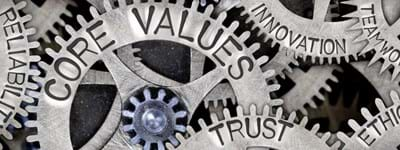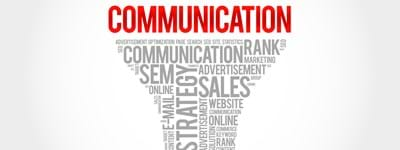Blog
Should leaders automatically apologise when a crisis hits?
The recent BBC issue with President Trump's January 6, 2021 rally speech and Optus Triple-0 outage has reignited this debate.
Public, media and political pressure for a quick “sorry” is always immediate — but the decision to apologise is far from simple.
The Federal Government’s new legislation on Australia’s 000 emergency call service marks a turning point in crisis and reputation management across both the public and private sectors.
By embedding the principle of “never delay in alerting authorities”, the legislation sets a new standard for transparency and accountability. But it also introduces what many communication leaders are calling the “panic paradox.”
The paradox lies in the pressure to report quickly — even before all facts are known.
The ‘walk the talk gap’ appears to be increasing in today’s corporate and political world when a crisis occurs.
Company CEOs are dusting off and reciting their values when media start asking the obvious — everyone is suddenly talking about trust, transparency, or accountability.
But values aren’t meant to be a safety net.
Corporate strategic communication is facing a breaking point today.
Too often, organisations are falling into analysis paralysis—over-engineering plans instead of executing them.
The continuous decline in Trust in institutions and government is seeing a major shift in the old playbook for stakeholder engagement.
CEOs and C-suite leaders are waking up to a new reality: public relations isn’t just about reputation anymore – it is strategy. The 2025 USC Annenberg Report shows nearly 80% of comms leaders now see their role as central to business strategy.
The alarming decline in trust toward corporations and governments today is fuelled by an era of rampant misinformation and disinformation.
One could argue that President Trump has ushered in an era of post-truth politics.
There is a seismic shift underway in the global strategic communication landscape since President Trump began his second term in office in the United States.
This upheaval is redefining the rules of engagement — reshaping communication structures, altering stakeholder expectations, and redrawing the boundaries of organisational positioning and reputation management.
Public trust in institutions is at a breaking point. In the US, trust in government is at its lowest in nearly 70 years. In Australia, 60% of people distrust government leaders, and corporate executives face similar scepticism. The trend is stark across the UK and Europe as well.
Public trust in institutions is at a breaking point. In the US, trust in government is at its lowest in nearly 70 years. In Australia, 60% of people distrust government leaders, and corporate executives face similar scepticism. The trend is stark across the UK and Europe as well.
Ineffective community engagement is again being highlighted as a failing in emergency response planning and engagement.
Recent disaster inquiries, including those examining the Texas floods in the US, have repeatedly highlighted this.
The stark reality today is that business and governments are struggling because of poor or absent strategic communication planning.
The growing focus on reactive communication tactics is highlighting the troublesome trend, particularly in crisis response, media scrutiny, community backlash, and regulatory changes.
The continuous growth of volatile, uncertain, complex, and ambiguous (VUCA) environments—characterized by digital complexity (including AI), stakeholder expectations, and regulatory pressures—demand that only those organizations embedding strategic communication planning into their strategic DNA will thrive.
Mastering PR strategies
The surge in crisis management promotion today has sparked a flood of theories and services. Yet most fail to address what is required in the heat of the moment and many have no foundations in practical expertise.
Decades spent in both high-pressure crisis situations and even in planning phases reveal that effective information coordination and dissemination extend far beyond mere empathy and acknowledgment. These are just the basics.












